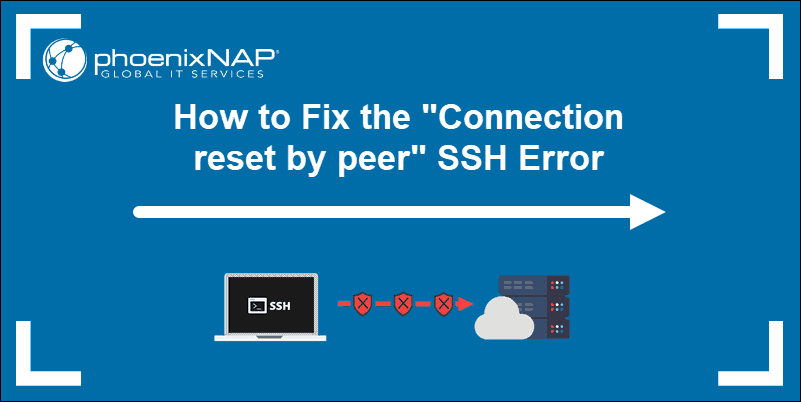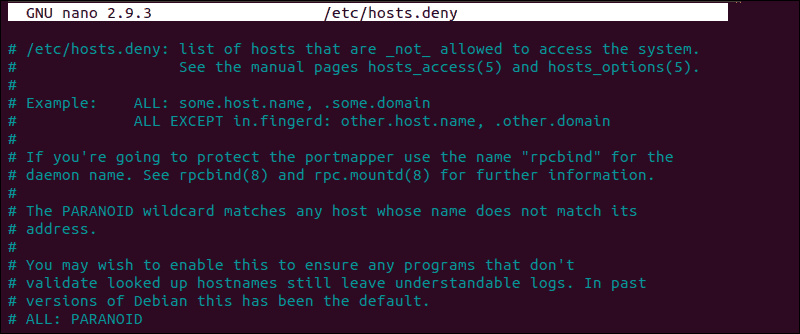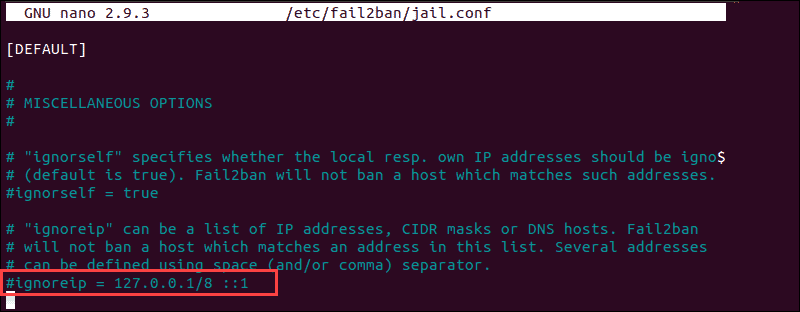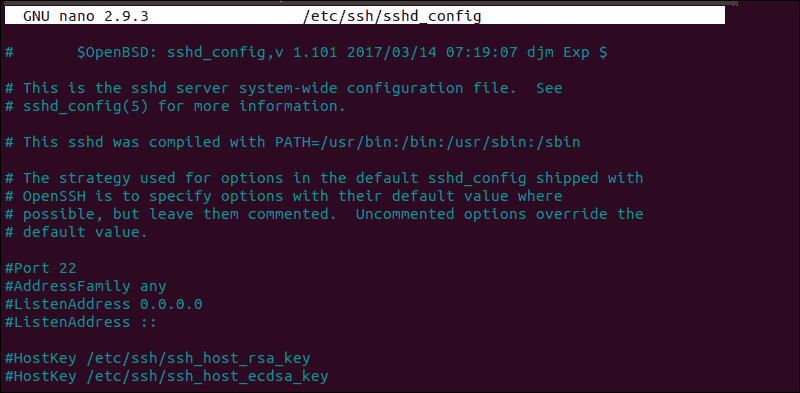Cpanel Ssh_exchange_identification: Read: Connection Reset by Peer
Introduction
A remote automobile has prevented an SSH connection you were attempting to establish or maintain. The "ssh_exchange_identification: read: Connectedness reset past peer" message is not specific enough to immediately explain what triggered the mistake.
To be able to resolve the issue successfully, we start need to identify its cause. This article provides an in-depth analysis of the probable causes and provides the most effective solutions.
By reading this tutorial, yous will learn how to fix the "ssh_exchange_identification: read: Connectedness reset by peer" Fault.

Prerequisites
- Necessary permissions to admission remote server
- A user account with root or sudo privileges
What Causes the "Connection reset by peer" SSH Error?
The "ssh_exchange_identification: read: Connection reset by peer" fault indicates that the remote machine abruptly closed the Transition Control Protocol (TCP) stream. In about instances, a quick reboot of a remote server might solve a temporary outage or connectivity outcome.
Notation: Network-based firewalls or load-balancers tin sometimes distort IPs or security permissions. This type of problem tin can be resolved by contacting your service provider.
Learning how to troubleshoot this issue, and determining the underlying cause, helps yous prevent time to come occurrences on your system. The most common causes of the "ssh_exchange_identification: read: Connectedness reset by peer" mistake are:
- The connection is existence blocked due to the Host-Based Access Control Lists.
- Intrusion prevention software is blocking your IP by updating firewall rules (Fail2ban, DenyHosts, etc.).
- Changes to the SSH daemon configuration file.
Check the hosts.deny and hosts.allow File
The hosts.deny and hosts.allow files are TCP wrappers. As a security feature, these files are used to limit which IP accost or hostname can plant a connection to the remote machine.
Notation: Inspect the hosts.deny and hosts.let files on the remote server, not on the local customer.
How to Edit hosts.deny File
Access your remote server and open up the hosts.deny file using your preferred text editor. If you are using nano on a Debian based system, enter the post-obit control:
sudo nano /etc/hosts.deny Empty lines and lines starting with the '#' symbol are comments. Cheque if yous can locate your local IP or host-name in the file. If information technology is present, information technology should be removed or commented out, or else information technology prevents you from establishing a remote connection.

Afterwards making the necessary changes, save the file and exit. Attempt to reconnect via SSH.
How to Edit hosts.allow File
As an additional precaution, edit the hosts.permit file. Admission rules inside the hosts.allow are practical first. They take precedence over rules specified in hosts.deny file. Enter the following command to access the hosts.permit file:
sudo nano /etc/hosts.allow Adding host-names and IPs to the file defines exceptions to the settings in the hosts.deny file.

For instance, a strict security policy within the etc/hosts.deny file, would deny access to all hosts:
sshd : ALL ALL : ALL Subsequently, you can add a single IP address, an IP range, or a hostname to the etc/hosts.allow file. By calculation the following line, only the following IP would be allowed to establish an SSH connection with your remote server:
sshd : 10.10.0.5, LOCAL Go along in mind that such a limiting security setting can affect administering capabilities on your remote servers.
Check if fail2ban Banned Your IP Address
If you've tried to connect on multiple occasions, your IP might be blocked by an intrusion prevention software. Fail2ban is a service designed to protect yous from fauna force attacks, and it can misinterpret your authentication attempts every bit an attack.
Fail2ban monitors and dynamically alters firewall rules to ban IP addresses that exhibit suspicious behavior. It monitors logs, like the hosts.deny and hosts.allow files nosotros edited previously.
In our example, we used the following command to cheque if the iptables tool is rejecting your attempted connections:
sudo iptables -Fifty --line-number The output in your final window is going to list all authentication attempts. If you notice that a firewall is indeed preventing your SSH connexion, y'all can white-list your IP with fail2ban. Otherwise, the service is going to block all future attempts continuously. To access the fail2ban configuration file, enter the following control:
sudo nano /etc/fail2ban/jail.conf Edit the file by uncommenting the line that contains "ignoreip =" add together the IP or IP range you want to white-list.

Fail2ban is now going to make an exception and not report suspicious behavior for the IP in question.
Check the sshd_config File
If you are continuing to experience the 'ssh_exchange_identification: read: Connection reset by peer' mistake, examine the authentication log entry. By default, the SSH daemon sends logging information to the organisation logs. Access the /var/log/auth.log file after your failed effort to login. To review the latest log entries type:
tail -f /var/log/auth.log The output presents the results of your authentication attempts, information well-nigh your user account, authentication key, or password.

The log provides yous with information that can help you find possible issues in the sshd configuration file, sshd_config. Any changes made to the file can bear upon the terms under which an ssh connectedness is established and lead the remote server to treat the client equally incompatible. To admission the sshd_config file type:
sudo nano /etc/ssh/sshd_config The sshd configuration file enables you lot to change basic settings, such as the default TCP port or SSH key pairs for authentication, too as more than advanced functions such as port-forwarding.

For instance, the MaxStartups variable defines how many connections a system accepts in a predefined menses. If you lot have a arrangement that makes a large number of connections in a short timeframe, it might exist necessary to increment the default values for this variable. Otherwise, the remote organisation might refuse additional attempted ssh connections.

Someday you edit the sshd_config file, restart the sshd service for the changes to take consequence:
service sshd restart Simply edit the variables that you are familiar with. A server can become unreachable equally a upshot of a faulty configuration file.
Decision
You lot have thoroughly checked the most common reasons behind the "ssh_exchange_identification: read: Connection reset by peer" error. By looking at each possibility, in plough, you have successfully solved the outcome and now know how to deal with similar problems going forrad.
The number of potential causes is vast and difficult to troubleshoot in every respect. Ultimately, if the error persists, it might be necessary to contact your host.
Was this article helpful?
Yep No
Cpanel Ssh_exchange_identification: Read: Connection Reset by Peer
Source: https://phoenixnap.com/kb/fix-connection-reset-by-peer-ssh-error
0 Response to "Cpanel Ssh_exchange_identification: Read: Connection Reset by Peer"
Post a Comment